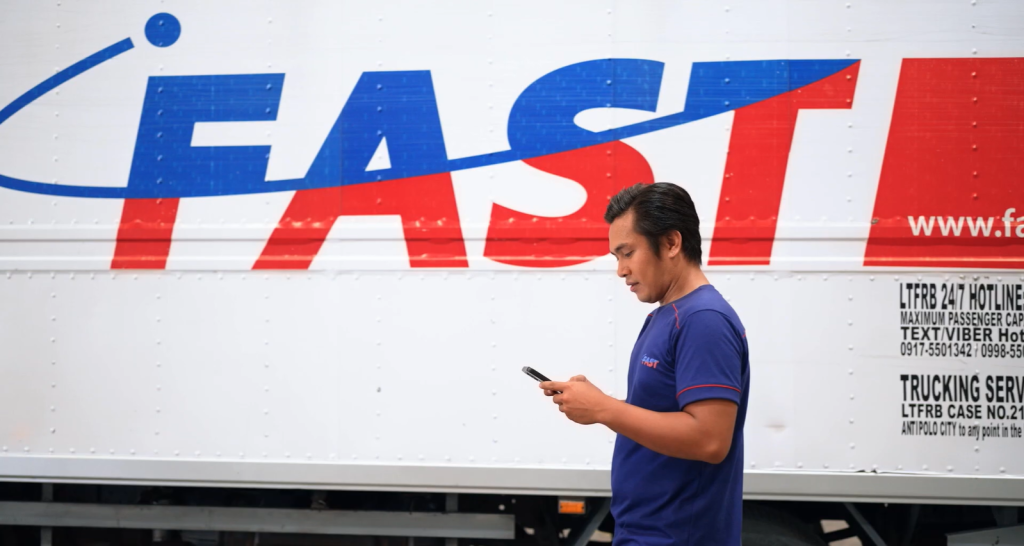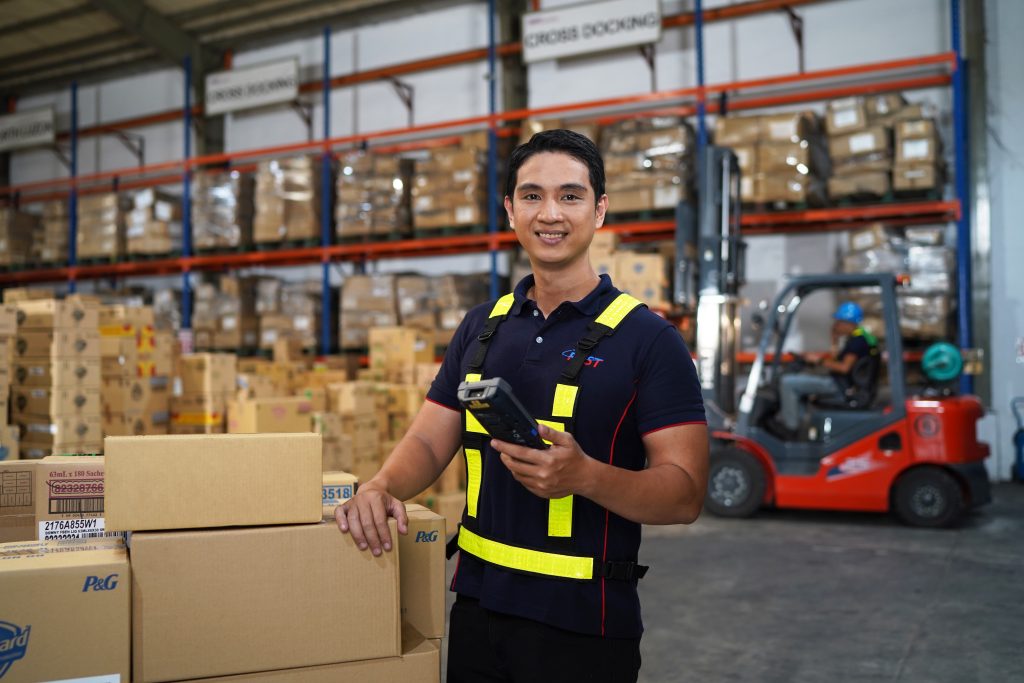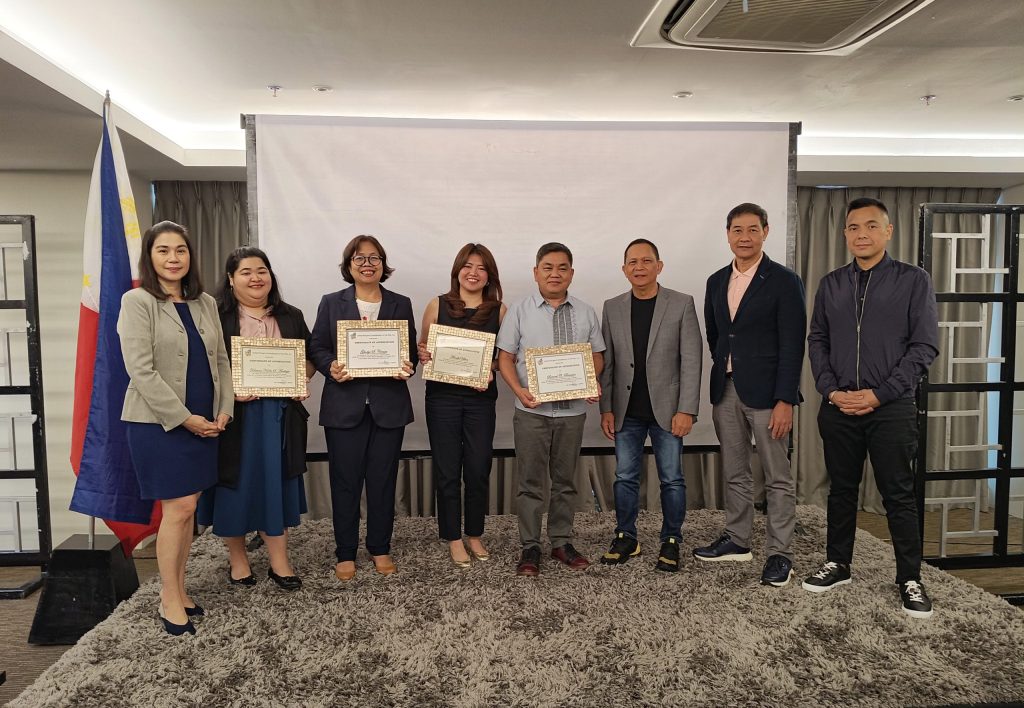
FAST Logistics Group, the leading end-to-end logistics company in the Philippines, showcased its innovative logistics solutions for micro, small, and medium enterprises (MSMEs) and agribusinesses at the 3rd Partners’ Forum of the United Portusers Confederation of the Philippines (UPC).
The forum, held on Wednesday, October 15, at Sequoia Hotel Manila Bay in Parañaque City, brought together government agencies, business leaders, and the media to discuss current industry trends, challenges, and the role of technology in improving efficiency and transparency across the supply chain.
With the theme “Technology as a Driver of Efficiency,” the forum highlighted how digital transformation and collaboration among logistics providers, port users, and government agencies can enhance supply chain performance, reduce bottlenecks, and support the growth of businesses across the Philippines.
Speaking at the event, FAST VP for Strategy Gladys Ceniza emphasized that logistics innovation and digital transformation should not only enhance efficiency but also create sustainable benefits for communities.
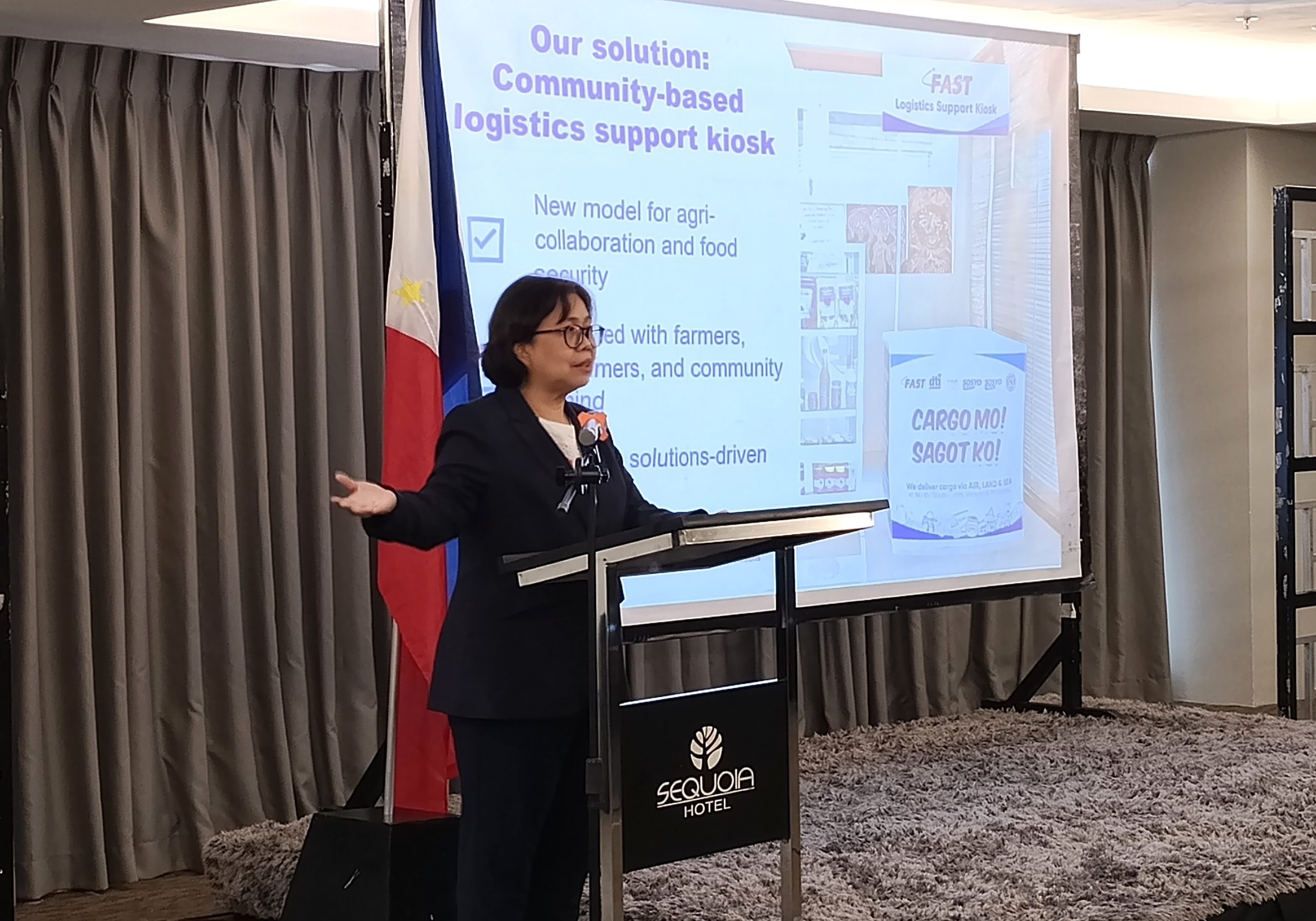
Introducing Community-Based Logistics Support Kiosk
In her presentation, Gladys presented FAST’s community-based logistics support kiosk — a model that provides accessible and convenient drop-off points for products from MSMEs and agribusinesses. These kiosks allow small producers to consolidate their goods and take advantage of FAST’s nationwide logistics network and expertise, including its warehouses, ColdChain solutions, and extensive transport fleet, enabling them to connect to broader markets without the heavy capital cost of building infrastructure.
FAST has already established a Logistics Support Kiosk in Aritao, Nueva Vizcaya, the first of its kind in the Cagayan Valley region. Implemented in partnership with the Local Government of Aritao and the DTI Nueva Vizcaya Provincial Office, the project provides cost-effective and reliable logistics support to local producers—many of whom sell fresh produce, processed food products, and handicrafts. Through the kiosk, these products are consolidated, booked digitally, and transported to key cities.
Watch this video to learn more about FAST Logistics Support Kiosk.
“Our Logistics Support Kiosk is designed to make logistics more accessible to small entrepreneurs and farmers,” Gladys shared. “Through this model, we’re bringing FAST’s end-to-end capabilities closer to local communities, helping them reach wider markets without the heavy cost of infrastructure.”
Gladys also underscored FAST’s commitment to inclusive logistics development. She highlighted that while technological advancements are vital in making operations faster and more accurate, digitalization should solve community problems and empower local residents.
“At FAST, we believe that access to reliable logistics services and information should not be limited to large corporations,” she said. “Our goal is to make logistics work for every Filipino business, especially the small ones driving growth in their local communities.”
Greater Efficiency and Profit for Communities
With FAST’s optimized supply chain solutions, Gladys said that farmers are projected to receive 10–15% more share of the final price for their produce compared to traditional trading setups. By linking directly with FAST’s network through the community-based logistics support kiosk, farmers and MSMEs can bypass multiple layers of middlemen and capture a fairer portion of their earnings.
Through improved logistics handling and advanced ColdChain management, Gladys noted that FAST also helps ensure the freshness and quality of perishable goods from harvest to delivery. This has resulted in projected post-harvest losses of less than 10%, a significant improvement in a sector where spoilage can reach up to 30% due to inadequate storage and transport conditions.
FAST’s streamlined supply chain process further reduces unnecessary handoffs and intermediaries—from five or more traditional supply chain layers down to just two to three, based on projected operational outcomes. This simplification leads to better coordination, transparency, and traceability across the logistics network. Delivery time is also projected to shorten to just one to two days.
This not only benefits producers and retailers but also strengthens the local economy by connecting rural communities to broader markets more efficiently. Ultimately, initiatives like the Community-Based Logistics Support Kiosk reflect FAST’s mission to make logistics an enabler of inclusive growth.
The Nueva Vizcaya Agricultural Terminal (NVAT), the largest food terminal in the Philippines by land area, is a partner of FAST Logistics Group. Each day, approximately 763 metric tons of vegetables and fruits pass through NVAT. To ensure smooth and efficient distribution, FAST operates cross-docking facilities that break down bulk shipments from NVAT into smaller, more manageable loads. The company then transports farmers’ produce using AUVs, six-wheelers, and four-wheelers, optimizing vehicle types for Metro Manila’s roads and delivery conditions.
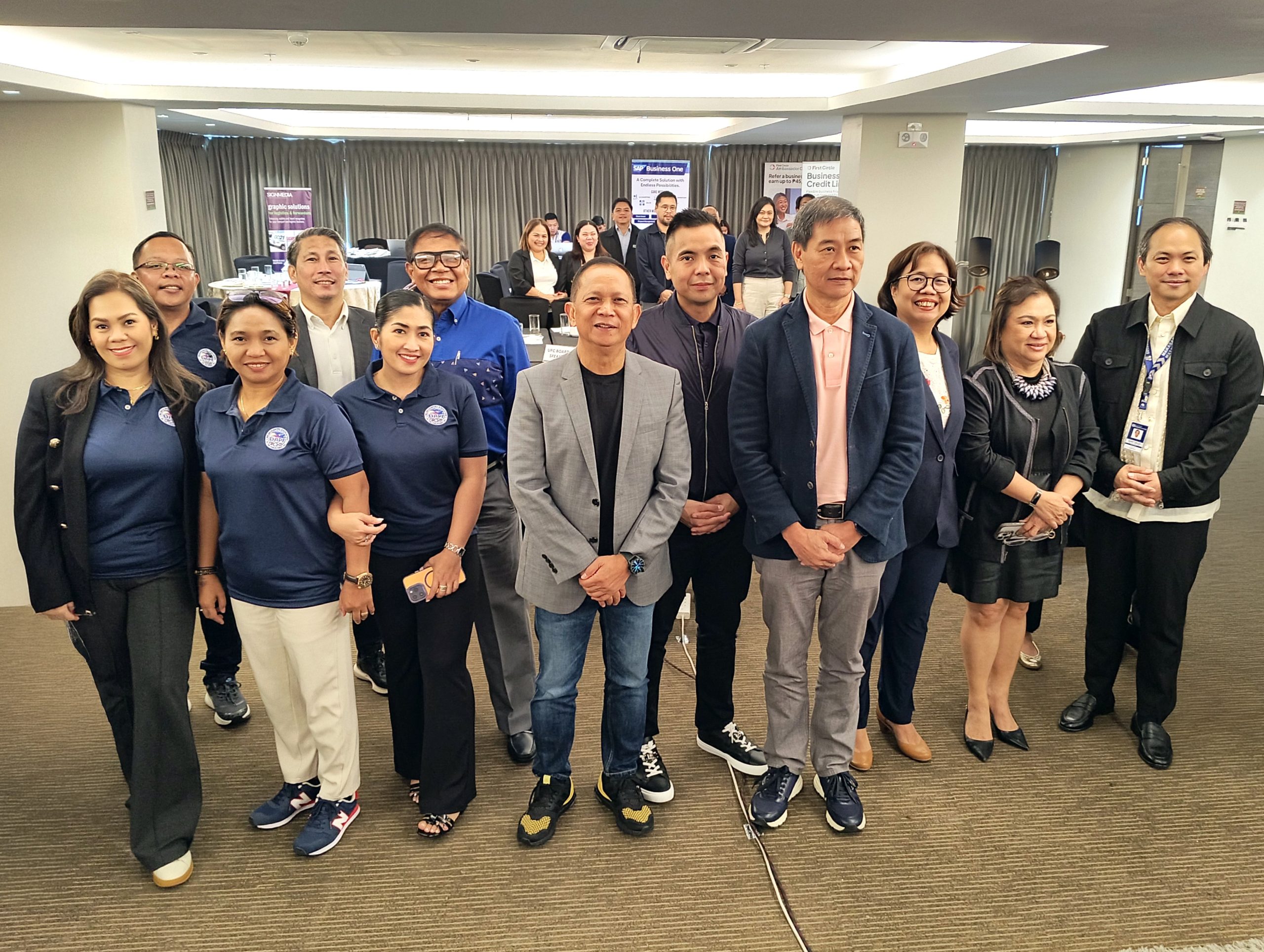
Collaboration for a More Inclusive Supply Chain
During the event, Gladys underscored the importance of collaboration among public agencies, private partners, and local governments to replicate the Aritao model and build a stronger ecosystem that empowers MSMEs to scale their businesses.
FAST uses its Warehouse Management System (WMS) and Transport Management System (TMS) to fully optimize its operations. With these software solutions, MSMEs and agribusinesses gain access to the same technology and expertise that FAST provides to multinational companies and leading conglomerates.
“We envision a future where every town or municipality has access to a community-based logistics support kiosk,” Gladys said. “Through partnerships and digital technology, we can bring efficiency and opportunity closer to every Filipino producer.”
Aside from Gladys, other speakers from the event were Melon Carlo Santiago, Director for Port Operational Services of the Bureau of Customs; and Kristina Andaya, Senior Trade Industry Development Specialist of the Department of Trade and Industry. They were joined by Samuel Bautista, Chairman of the Professional Regulatory Board for Customs Brokers; and Arcelle Villon, Assistant Manager at Asian Terminals Inc.
With over 50 years of logistics leadership, FAST Logistics Group operates the country’s largest warehouse footprint and trucking fleet. It provides end-to-end logistics solutions to multinational companies, Filipino conglomerates, and MSMEs nationwide. Book a free consultation with our Solutions Experts
Categories
-
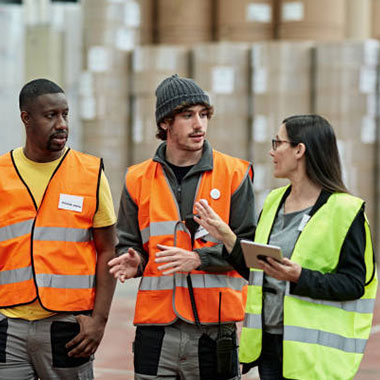
FAST Ahead
Includes case studies and testimonials of our partners as well as other featurettes from industry experts
-

FAST Hacks
We simplify logistics terms and provide practical tips and solutions for the DIY in you
-
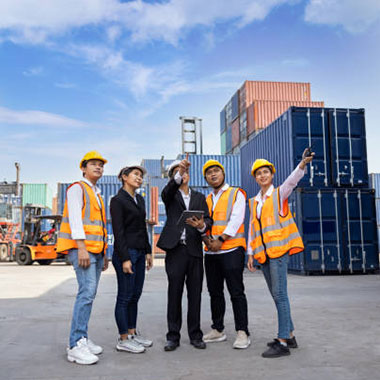
FAST Highlights
Know more about our history, various brands, achievements, and news updates
-

FAST Moments
Get to know the people of FAST, our employee programs, as well as our various ways of giving back to the community
-
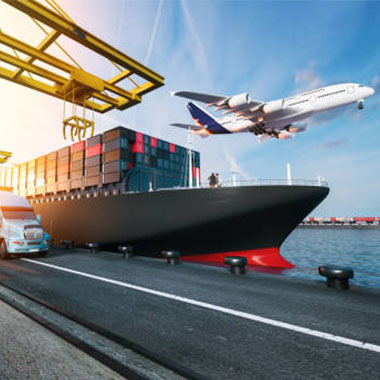
FAST Solutions
Learn more about the various logistics solutions that we cater to and offer our clients, as well as tech innovations, and service facilities
